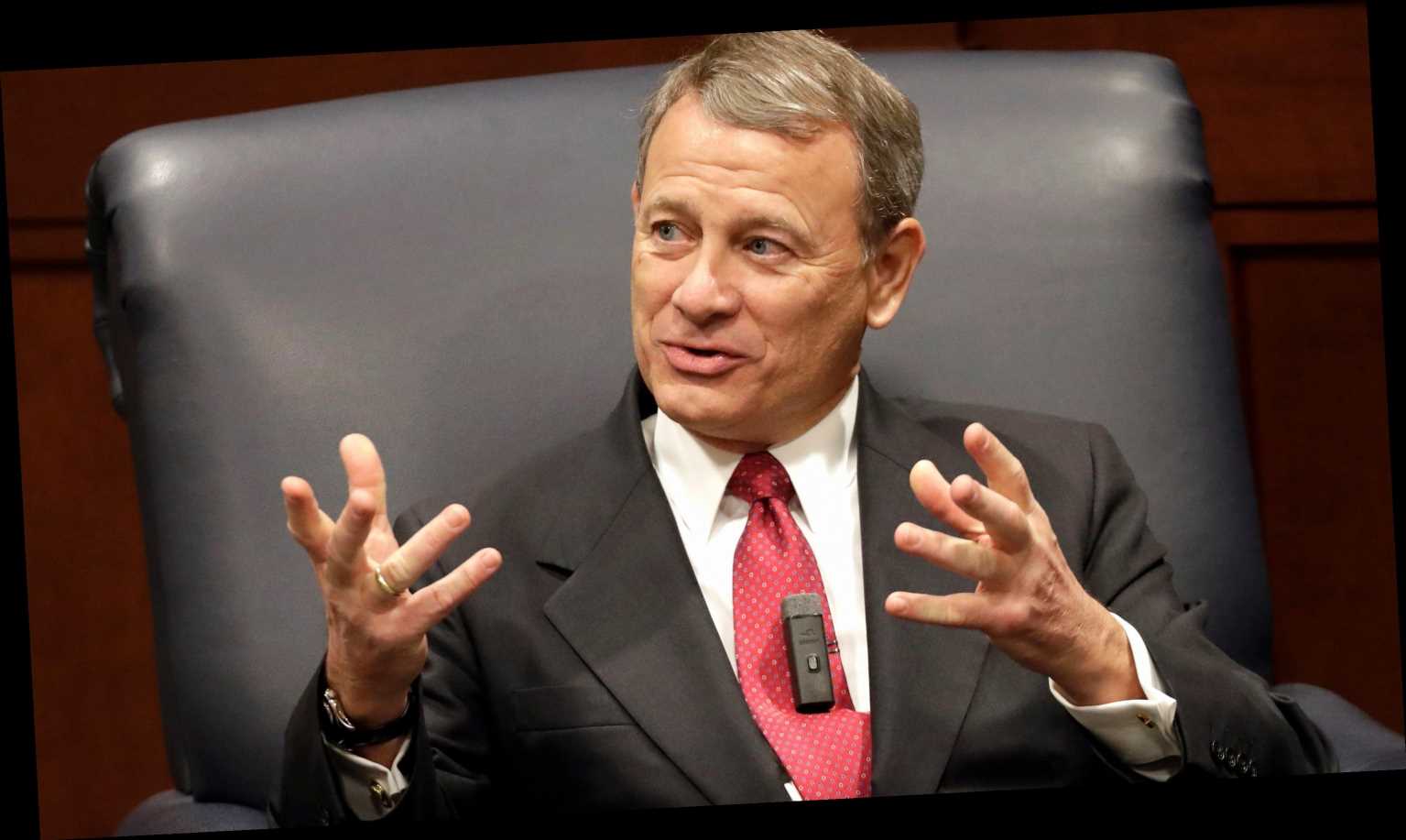WASHINGTON – Chief Justice John Roberts asked whether the phrase “OK, boomer” would qualify as age discrimination during oral arguments on Wednesday.
The justices were hearing a work discrimination case concerning a Department of Veteran Affairs employee, Norris Babb, who says her bosses “discriminated against her based on her gender and age” and “subjected her to a hostile work environment.”
Babb, a clinical pharmacist working at the VA, sued the department over a series of decisions that affected her job duties, pay and opportunities for promotions.
Robert’s asked Babb’s lawyer whether a younger hiring manager saying “okay, boomer” once to “the applicant” would be considered an “actionable” offense.
The use of the phrase in a hypothetical situation drew laughter in the courtroom.
“OK, boomer” has become a biting slogan younger generations have used on platforms like TikTok and Twitter to express resentment toward older people, invoking the name of the baby boom generation.
“Well if the speech in the workplace….calling someone ‘boomer’ or saying unflattering things about them in age, when considering them for a position, then yes of course,” Roman Martinez, the attorney delivering the oral arguments Babb, replied back.
“So calling somebody a ‘Boomer’ and considering them for a position would be actionable?” Roberts, 64, pressed.
“If the decision-makers are sitting around the table and they say, ‘we’ve got Candidate A who’s 35’ and ‘we’ve got Candidate B who’s 55 and is a Boomer’ — and is probably tired and you know, doesn’t have a lot of computer skills, I think that absolutely would be actionable,” Martinez continued.
The case revolves around whether federal workers can claim age bias under the Age Discrimination in Employment Act of 1967. A final ruling will not be delivered until spring.
The chief justice was attempting to discuss whether this would limit free expression.
“I’m just wondering if your position is going to become a really just a regulation of speech in the workplace,” Roberts continued.
Contributing: Richard Wolf, Joshua Bote
Source: Read Full Article
